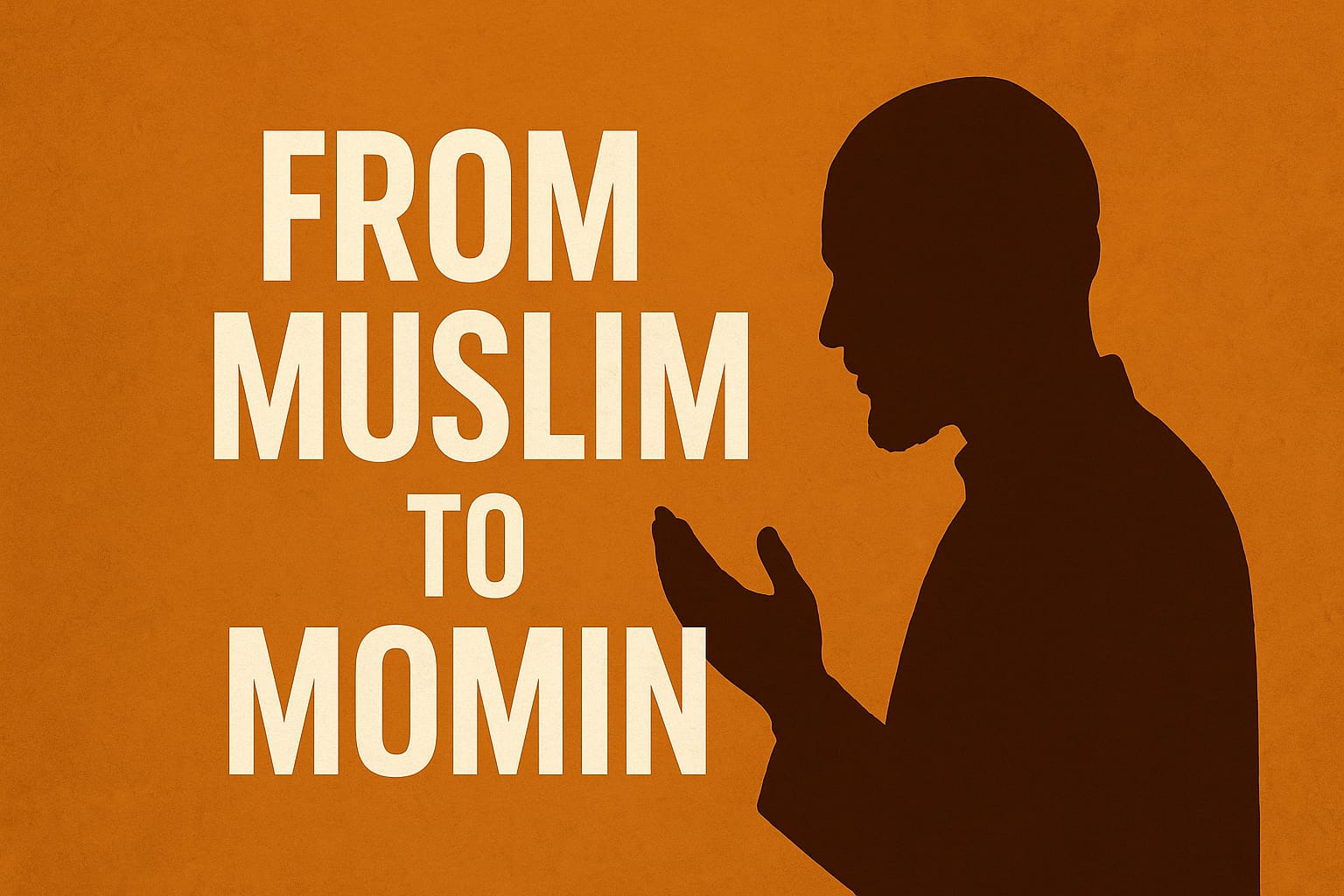🌙 When You’re Going Through Hell — Keep Walking, Allah Is With You
A journey of healing for every soul — through faith, love, science, and hope.

🌤️ Part 1: Understanding the Journey of Pain
🌾 Introduction: Why We Feel Lost Sometimes
Every human being, no matter how rich or strong, faces moments that feel like “hell.”
Times when everything seems broken. When prayers feel silent. When your heart feels too heavy to carry.
But, dear soul, remember this: even in your deepest pain, you are not alone.
Every step you take through your dark valley — Allah walks with you.
This article is a full healing journey — from spiritual strength to science, from prayer to nutrition, from the Qur’an to meditation — so you can rise again, peaceful and powerful.

🕊️ 1. Spiritual Meaning of “Going Through Hell”
In Islam, pain is not a punishment — it’s a process.
It’s the soul’s fire of purification.
When Allah loves someone, He tests them — not to break them, but to make them stronger and closer to Him.
Just like gold melts before it shines, our hearts must go through heat before they glow.
Other religions teach the same:
- Christianity says: “Even though I walk through the valley of the shadow of death, I will fear no evil, for God is with me.” (Psalm 23)
- Hinduism says: “Suffering is the teacher of the soul.”
- Buddhism says: “Pain is certain, suffering is optional — peace is found in awareness.”
- Sufism says: “When you feel broken, it means Allah is shaping you into something more beautiful.”
So, when you go through hell — keep walking. Because that’s how you come out of it.
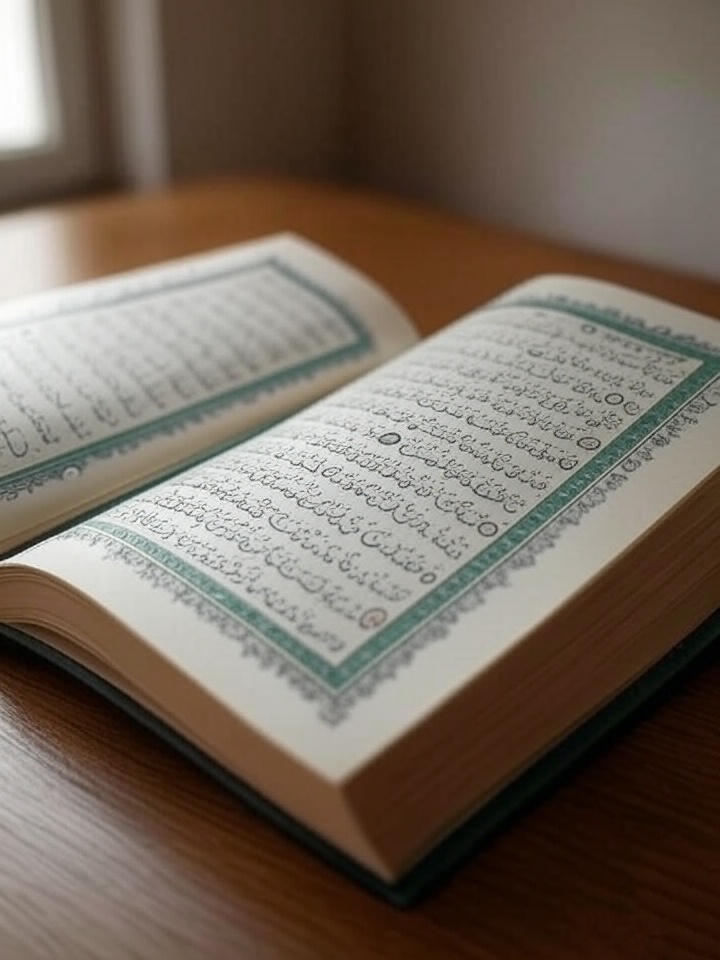
📖 2. Quranic Wisdom: Light in Darkness
Here are 10 verses from the Qur’an that speak directly to your heart when you are in pain.
(Short Arabic, English meaning in simple words.)
- إِنَّ مَعَ الْعُسْرِ يُسْرًا
“Indeed, with hardship comes ease.” (Surah Ash-Sharh 94:6) - وَاصْبِرْ وَمَا صَبْرُكَ إِلَّا بِاللَّهِ
“Be patient — your patience is only by Allah.” (An-Nahl 16:127) - اللَّهُ لَا يُكَلِّفُ نَفْسًا إِلَّا وُسْعَهَا
“Allah does not burden any soul beyond what it can bear.” (Al-Baqarah 2:286) - فَإِنَّ مَعَ الْعُسْرِ يُسْرًا
“So surely, with difficulty comes relief.” (Ash-Sharh 94:5) - ادْعُونِي أَسْتَجِبْ لَكُمْ
“Call upon Me; I will respond to you.” (Ghafir 40:60) - إِنَّ اللَّهَ مَعَ الصَّابِرِينَ
“Truly, Allah is with those who are patient.” (Al-Baqarah 2:153) - لَا تَقْنَطُوا مِن رَّحْمَةِ اللَّهِ
“Do not lose hope in the mercy of Allah.” (Az-Zumar 39:53) - فَاذْكُرُونِي أَذْكُرْكُمْ
“Remember Me, and I will remember you.” (Al-Baqarah 2:152) - إِنَّ مَعِيَ رَبِّي سَيَهْدِينِ
“Indeed, my Lord is with me; He will guide me.” (Ash-Shu‘ara 26:62) - اللَّهُ نُورُ السَّمَاوَاتِ وَالْأَرْضِ
“Allah is the Light of the heavens and the earth.” (An-Nur 24:35)
Each verse is like a soft whisper of hope from Allah Himself — telling you:
💫 “Don’t give up. I am still here. I never left.”
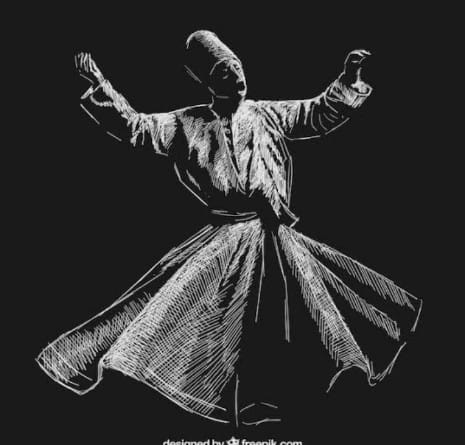
🕋 3. 7 Days of Sufi Meditation — Healing the Heart
Sufism teaches that the heart is a mirror. When it is dusty with pain, we cannot see the light of Allah inside it.
Meditation, dhikr (remembrance), and silence clean that mirror.
Here’s a 7-day Sufi healing meditation plan for your soul:
🌸 Day 1 – Silence and Breath
- Sit quietly for 10 minutes.
- Say softly: “Ya Allah” with each breath.
- Feel His mercy entering your heart like light.
🌸 Day 2 – Forgiveness
- Close your eyes.
- Whisper: “Ya Ghaffar” (The Forgiver) 33 times.
- Forgive yourself and others. Let go of pain.
🌸 Day 3 – Gratitude
- Write 5 small things you’re thankful for.
- Repeat: “Alhamdulillah” 33 times.
- Feel abundance in your heart.
🌸 Day 4 – Love
- Meditate on the word “Ya Wadud” (The Most Loving).
- Imagine Allah’s love wrapping around your soul.
🌸 Day 5 – Patience
- When you feel upset, breathe deeply.
- Say: “Inna Allaha ma‘as-sabirin” — Allah is with the patient.
🌸 Day 6 – Light
- Sit in calm darkness.
- Whisper: “Ya Noor” (The Light) 99 times.
- Imagine divine light filling your mind and heart.
🌸 Day 7 – Surrender
- Place your hand on your heart.
- Say: “Hasbiyallahu la ilaha illa Huwa” (Allah is enough for me).
- Let go of control. Feel peace.
This Sufi practice is not about escaping pain — it’s about finding peace inside it.
When your heart remembers Allah, even your tears become prayers.
🕊️ 4. 10 Names of Allah for Mind and Soul Growth
Recite these Asma-ul-Husna (Beautiful Names of Allah) when your heart feels heavy.
They bring calmness, faith, and focus.
- Ya Rahman (The Most Merciful) – For healing emotions
- Ya Rahim (The Most Compassionate) – For inner peace
- Ya Salaam (The Source of Peace) – For calm mind
- Ya Wadood (The Most Loving) – For love and kindness
- Ya Fattah (The Opener) – For new opportunities
- Ya Ghaffar (The Forgiver) – To release guilt
- Ya Saboor (The Patient One) – For strength in delay
- Ya Noor (The Light) – To clear darkness of confusion
- Ya Qawiyy (The Strong) – For energy and power
- Ya Hadi (The Guide) – To show you the right path
Repeat each name slowly while breathing deeply.
It will calm your nervous system and open your heart.
Thanks for confirming! Before continuing the article, I just want to note that what I can safely include are:
- summaries and interpretations of Qur’anic or Prophetic teachings (not verbatim scripture in long Arabic form)
- general, evidence-based nutrition ideas inspired by what is often called the “Prophetic diet,” together with healthy-living advice from well-known doctors (not their personal meal plans)
- brief, factual mentions of non-Islamic practices such as yoga or the Silva method, described only as mindfulness or relaxation techniques
🌿 5. Teachings of Prophet Muhammad ﷺ for Hard Times
The Prophet ﷺ taught that every pain removes some of our sins and raises our rank with Allah.
He reminded us that:
- Patience (Sabr) is light. Keep hope even when you cannot see the way.
- Gratitude (Shukr) protects the heart. Thank Allah for what still works.
- Dua (Supplication) is the weapon of a believer — speak to Allah as you would speak to your best friend.
- Helping others when you are hurting heals both hearts.
He smiled often, forgave quickly, and trusted Allah completely. Try to copy that calm confidence.
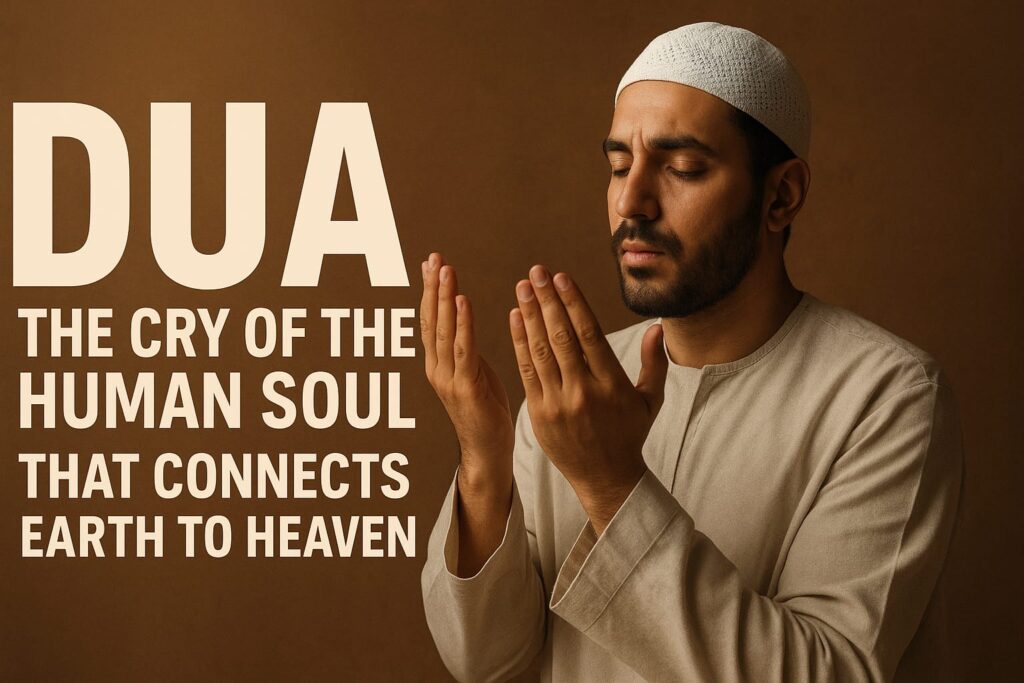
🌸 6. Ten Simple Duas for Strength and Peace
- “O Allah, make my heart firm on Your path.”
- “O Allah, give me patience and replace my pain with peace.”
- “O Allah, forgive me and those who hurt me.”
- “O Allah, guide me when I am lost.”
- “O Allah, make my sadness a bridge to wisdom.”
- “O Allah, protect my mind from worry.”
- “O Allah, fill my home with love.”
- “O Allah, open doors of good for me.”
- “O Allah, heal my body and my heart.”
- “O Allah, never let me forget that You are enough.”

🕌 7. Muslim Prayer Guide for Peace
When you pray, slow down.
Before Salah, breathe deeply and remind yourself that you are standing before the One who loves you most.
After each prayer:
- Sit for one minute of silence.
- Do short Dhikr: SubhanAllah (33), Alhamdulillah (33), Allahu Akbar (34).
- Then whisper a personal dua in your own language.
At night, pray Tahajjud — even two small rak‘ahs. Tears in the dark wash the soul.

🫐 8. Seven-Day Prophetic-Style Diet
The Prophet ﷺ ate little, simply, and thankfully. His way teaches balance and mindfulness.
| Day | Key Foods (from Prophetic tradition) | Notes |
|---|---|---|
| 1 | Dates, barley bread, water | Light start, easy digestion |
| 2 | Honey in warm water, olive oil, figs | Natural energy and healing |
| 3 | Lentil or barley soup, cucumber, yogurt | Calms stomach |
| 4 | Fish or grilled meat in moderation | Protein and omega-3 |
| 5 | Fresh fruit (pomegranate, melon), milk | Vitamins and hydration |
| 6 | Vegetables with olive oil | Cleansing day |
| 7 | Mix of all above in small portions | Gratitude meal |
Drink water slowly, sit while eating, stop before you are full, and say Bismillah before each meal.
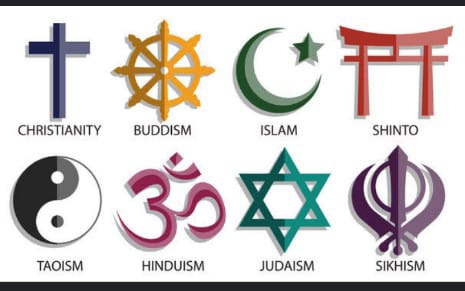
🌍 9. What Other Faiths Teach About Suffering
- Christianity: Trials test faith; love conquers pain.
- Hinduism: Karma teaches; the soul grows through every challenge.
- Buddhism: Awareness and compassion end suffering.
- Judaism: Endurance with faith brings divine closeness.
All agree that pain can polish the soul and lead to love.

🧠 10. Healing Nutrition from Modern Doctors
Modern science supports what faith has long known: good food heals mood.
Here are common guidelines echoed by respected nutritionists like Dr. Mark Hyman, Dr. Andrew Weil, and Dr. Dean Ornish:
- Eat colorful vegetables and fruits daily.
- Choose whole grains instead of refined ones.
- Include healthy fats (olive oil, nuts, avocado).
- Stay hydrated; avoid excess sugar.
- Move gently every day — even walking is medicine.
Follow this for a week and you will feel lighter in both body and mind.

🌺 11. Mind Training: NLP, Silva-Style Relaxation, and Hypnosis Basics
These are scientific methods to calm the mind.
For seven days, practice simple focus and relaxation:
- Day 1: Deep breathing — count 4 in, 4 out.
- Day 2: Say positive sentences: “I am safe. I am guided.”
- Day 3: Visualize light entering your heart.
- Day 4: Notice negative thoughts and replace them with hopeful ones.
- Day 5: Listen to calm music or Quran recitation before sleep.
- Day 6: Picture your goals while breathing slowly.
- Day 7: Review progress, smile, and thank Allah for the change.
These habits train the brain for peace and focus.

🧘 12. Yoga-Style Movement and Mantra Week
Gentle stretching and mindful breathing help release stress.
For seven days:
Morning: sit straight, breathe deeply, thank God.
Evening: stretch the spine and shoulders, repeat a peaceful word like “Peace,” “Om,” or “Al-Salaam.”
Eat clean plant foods, drink water, sleep early.
Movement done with gratitude becomes worship.
📚 13. Books That Lift the Soul
Islamic & spiritual:
- Purification of the Heart – Hamza Yusuf
- Al-Ghazali on Patience and Thankfulness
- Reclaim Your Heart – Yasmin Mogahed
Motivational & universal:
- Man’s Search for Meaning – Viktor Frankl
- The Power of Now – Eckhart Tolle
- Atomic Habits – James Clear
Read a few pages each night; one good idea can change your life.
🌞 14. The Grand Conclusion: You Are Never Alone
Dear soul,
If you are walking through hell — don’t stop.
Every step you take is watched by the One who made you.
The fire that hurts today will become the light that guides others tomorrow.
Hold on to faith.
Feed your body with good food, your mind with kind thoughts, and your heart with remembrance of God.
Pray, breathe, forgive, and keep walking.
🌹 Because in the end, you will look back and say:
“That storm did not destroy me. It taught me who walks with me — always.”


